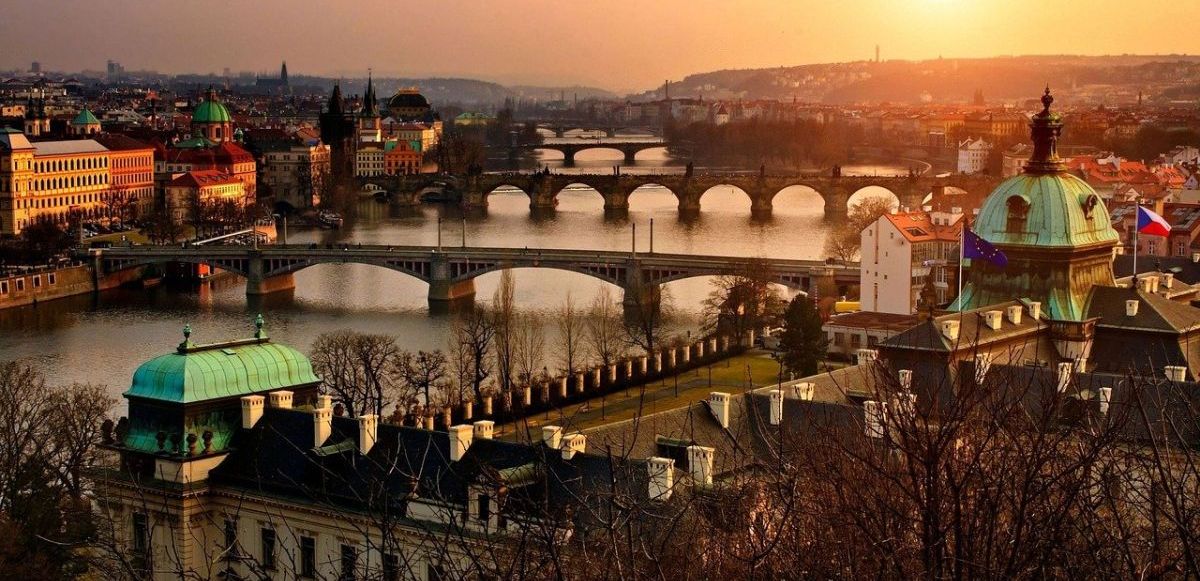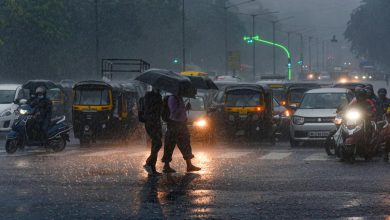Vltava River

Flowing gracefully through the heart of the Czech Republic, the Vltava River stands as a timeless symbol of cultural heritage and national pride. As the longest river in the country, the Vltava winds its way southeast along the Bohemian Forest and north across Bohemia, weaving through historic towns and cities such as Český Krumlov, České Budějovice, and Prague, before merging with the Elbe River at Mělník.
Commonly referred to as the “Czech national river,” the Vltava holds a cherished place in the hearts and minds of Czech people, serving as both a source of inspiration and a conduit for cultural expression. In this exploration, we delve into the myriad reasons why the Vltava is culturally important, uncovering its profound impact on the identity, history, and artistic legacy of the Czech Republic.
Historical Significance: A Witness to the Ages
- Throughout the annals of history, the Vltava River has borne witness to the rise and fall of civilizations, serving as a silent sentinel of the past.
- Ancient settlements along the banks of the Vltava, dating back to the Celtic and Bohemian periods, attest to the river’s role as a focal point of human activity and cultural exchange.
- Key historical events, such as the founding of Prague by the Bohemian rulers and the construction of iconic landmarks like the Charles Bridge, are intrinsically linked to the Vltava River, shaping the course of Czech history and identity.
Cultural Icon: Inspiring Art and Literature
- The scenic beauty and tranquil ambiance of the Vltava River have inspired generations of artists, poets, and musicians, leaving an indelible mark on Czech culture.
- Renowned composers such as Bedřich Smetana immortalized the Vltava in his symphonic poem “Vltava” (also known as “The Moldau”), capturing the river’s majestic flow and evoking a sense of national pride.
- Artists and writers, including Czech painter Josef Lada and novelist Karel Čapek, have drawn inspiration from the Vltava’s landscapes and folklore, weaving its imagery into their works of art and literature.
Economic Lifeline: Fostering Trade and Industry
- From medieval trade routes to modern-day commerce, the Vltava River has long served as an economic lifeline for the Czech Republic, facilitating trade and industry along its banks.
- Historic towns and cities, such as České Budějovice and Prague, owe their prosperity in part to their strategic location on the Vltava, which provided access to vital waterways for transportation and commerce.
- Today, the Vltava continues to play a vital role in the Czech economy, supporting industries such as tourism, agriculture, and hydroelectric power generation, while also providing recreational opportunities for locals and visitors alike.
Environmental Treasure: Preserving Natural Beauty
- Beyond its cultural and economic importance, the Vltava River is a cherished environmental treasure, boasting diverse ecosystems, wildlife habitats, and scenic landscapes.
- Protected areas such as the Šumava National Park and the Český Krumlov Biosphere Reserve showcase the Vltava’s natural beauty and biodiversity, attracting nature enthusiasts and eco-tourists from around the world.
- Conservation efforts along the Vltava River aim to preserve its pristine waters, restore habitats, and promote sustainable practices, ensuring that future generations can continue to enjoy its cultural and ecological riches.
Conclusion:
From its historical significance to its cultural resonance and ecological importance, the Vltava River embodies the essence of Czech identity and heritage. As a source of inspiration for artists, a lifeline for commerce, and a haven for biodiversity, the Vltava holds a special place in the hearts of Czech people and visitors alike. As we reflect on its cultural importance, we gain a deeper appreciation for the profound impact that the Vltava has had on the identity, history, and collective memory of the Czech Republic.
Know More about the Vltava River.
What are The Religious Places of the Vltava River?
When Did The Vltava River Basin Become a Focus?
Where is The Vltava River Located?
Who Were The Key Historical Figures and Civilizations of The Vltava River?
How to Reach Vltava River?




